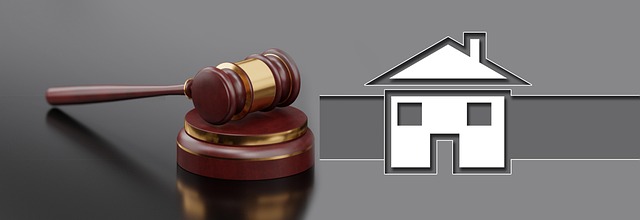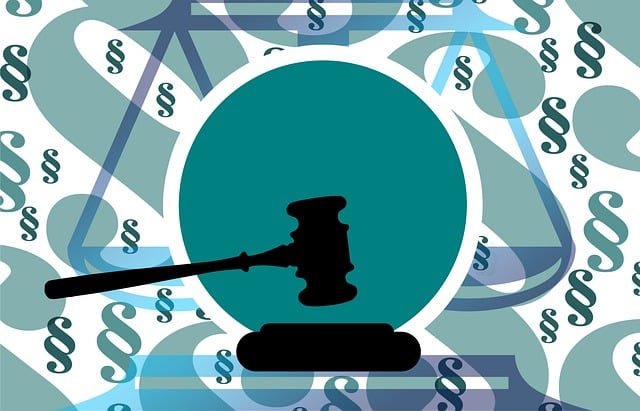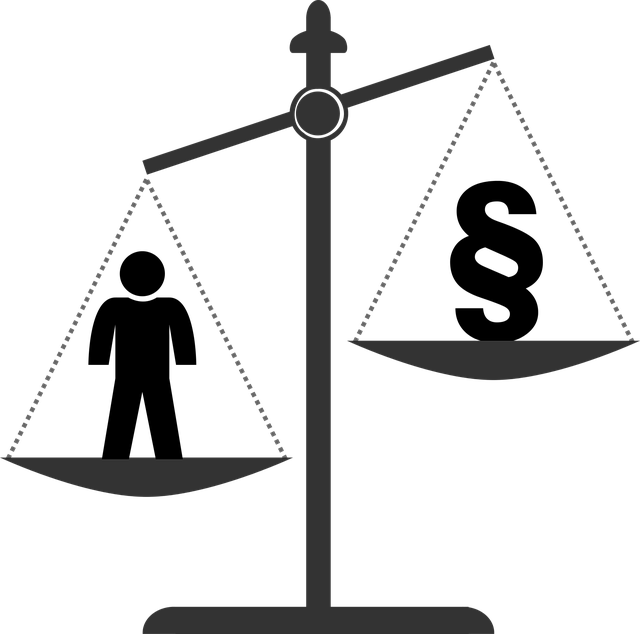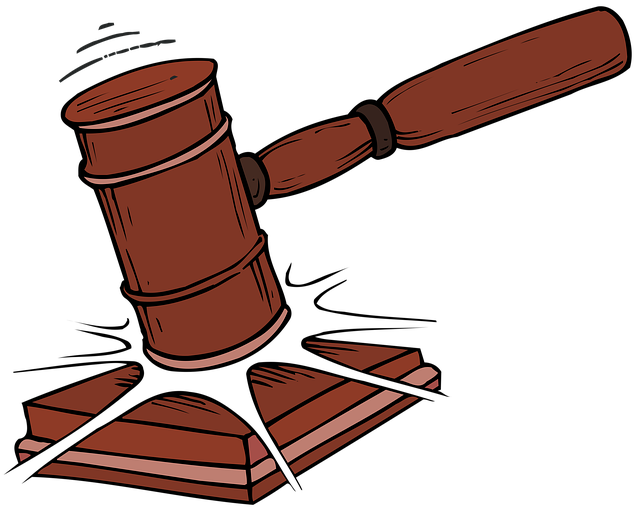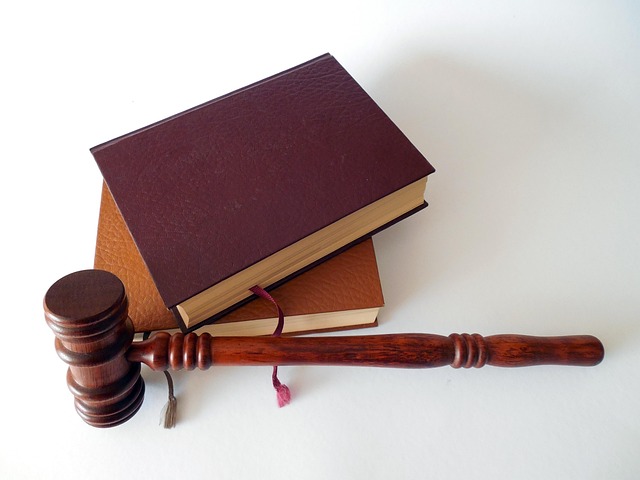In criminal law, Due Process is a foundational principle ensuring fairness and justice for all individuals, from minor offenses to high-stakes cases. It mandates proper court hearings, protections against self-incrimination, access to legal counsel, and the requirement for substantial evidence. While implementing Due Process presents challenges in balancing rights with effective law enforcement, it remains crucial for maintaining legal integrity, community trust, and a fair trial system, as evidenced by case studies and landmark decisions.
“Delve into the intricate world of criminal law cases and uncover the essence of due process—a cornerstone ensuring fair trials. This comprehensive guide explores the foundational principles, key components, and dynamic challenges within criminal proceedings. From understanding basic concepts to examining real-world case studies, we navigate the delicate balance between justice and due process. Discover how this equilibrium shapes legal outcomes, fosters trust in the system, and safeguards individual rights in the face of criminal accusations.”
- Understanding the Basics of Criminal Law Cases
- The Role of Due Process in Ensuring Fair Trials
- Key Components of Due Process in Criminal Proceedings
- Common Challenges and Controversies in Implementing Due Process
- Case Studies: Examining Due Process in Action
Understanding the Basics of Criminal Law Cases

In the realm of criminal law, understanding the fundamentals is key to navigating complex cases. Criminal law cases involve accusations of individuals or entities committing crimes against society, requiring a meticulous process to ensure justice. These proceedings are designed to balance the punishment for alleged offenses with the rights of the accused, upholding the principle of due process. This ensures that every individual receives fair treatment under the law, encompassing the right to legal representation, a public trial by jury, and protection from excessive or arbitrary punishment.
The intricacies of these cases vary widely, from minor offenses to high-stakes scenarios where the consequences can be life-altering. Each case demands careful consideration of evidence, witness testimonies, and applicable laws. The respective business of criminal law is to prove beyond a reasonable doubt that a crime has been committed and that the accused is the perpetrator, thereby dictating sentences or acquittals. This process, often involving jury trials, ensures that justice is not only served but also perceived as fair and just by all parties involved.
The Role of Due Process in Ensuring Fair Trials

In criminal law cases, the concept of due process is a cornerstone ensuring fairness and justice. It guarantees that every individual accused of a crime receives a proper hearing before a court of law, where they can defend themselves against the allegations. This fundamental principle is vital in protecting the rights of both corporate and individual clients, ensuring their trials are conducted impartially and without prejudice.
Due process involves various procedures and protections, including the right to be informed of the charges, to confront witnesses, and to present evidence on one’s behalf. It also mandates that prosecutors provide substantial evidence to support the case, thus avoiding indictment based solely on suspicion or conjecture. This safeguard is crucial in maintaining the integrity of the legal system, fostering trust among philanthropic and political communities, and ensuring that justice is served without compromising fairness.
Key Components of Due Process in Criminal Proceedings

In criminal law cases, Due Process plays a pivotal role in ensuring fairness and protecting the rights of the accused. It encompasses several key components that guide every stage of the investigative and enforcement process. At its core, due process requires a balanced approach where the state must respect individual liberties while upholding the rule of law. This includes the right to a fair trial, access to legal counsel, protection against self-incrimination, and the guarantee of a complete dismissal of all charges if the accused is found innocent.
The concept extends beyond the courtroom, influencing how evidence is collected and presented. In the context of white collar defense, for instance, due process dictates that investigations must be thorough, unbiased, and proportionate to the alleged offense. This ensures that any conviction is based on substantial and reliable evidence, protecting both the integrity of the legal system and the rights of those accused of crimes, whether they involve financial offenses or other criminal activities.
Common Challenges and Controversies in Implementing Due Process

Implementing due process in criminal law cases presents a myriad of challenges and controversies. One significant issue is balancing the rights of the accused with the need for effective law enforcement. Accused individuals are entitled to certain procedural safeguards, such as the right to a fair trial, access to legal counsel, and protection against self-incrimination, among others. However, these rights can sometimes hinder investigations, particularly in complex cases involving white-collar crimes or those requiring intricate legal interpretations. For instance, avoiding indictment through successful legal challenges can impact prosecutors’ ability to hold accountable those who have allegedly committed serious offenses.
Moreover, navigating the due process requirements involves addressing controversies related to evidence handling, discovery processes, and jury instructions. Winning challenging defense verdicts often hinges on subtle legal arguments and strategic decisions. Defense attorneys must skillfully navigate these complexities, ensuring that their clients receive a fair trial while also protecting their interests in avoiding unnecessary indictments. This delicate balance is crucial for upholding the integrity of the criminal justice system.
Case Studies: Examining Due Process in Action

Case studies offer a powerful tool to examine Due Process in criminal law cases, providing real-world examples of how legal principles play out. By studying specific instances, we gain insights into the intricate balance between protecting individuals’ rights and upholding societal order. These analyses reveal the nuances of Due Process, showcasing its application in diverse scenarios.
For instance, landmark cases have demonstrated the strength of a fair trial right, ensuring an unprecedented track record of just outcomes. The involvement of dedicated attorneys, who advocate fiercely for their clients, is vital in these proceedings. This not only highlights the importance of legal representation but also underscores how the Due Process system functions within the broader philanthropic and political communities.
In conclusion, understanding the intricacies of due process within criminal law cases is paramount for ensuring justice and fairness. By examining the foundational concepts, key components, and common challenges, we gain valuable insights into how to navigate these proceedings effectively. The provided case studies further illustrate the practical application of due process, highlighting its indispensable role in safeguarding individual rights and maintaining the integrity of our legal systems. Embracing these principles is essential for a balanced approach to criminal justice, ensuring that every individual receives a fair trial.

